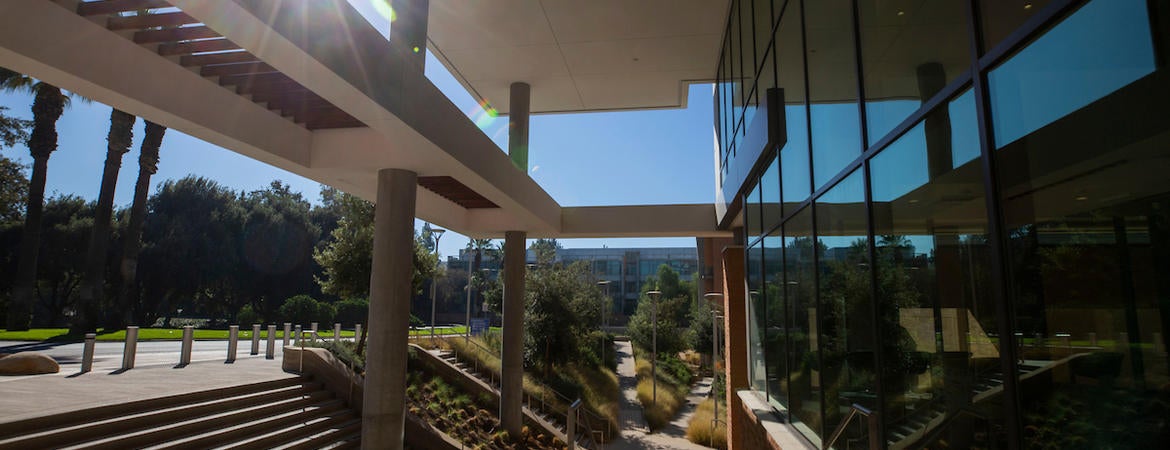Two new tenants have joined the UC Riverside Life Sciences Incubator as the campus continues to ramp-up research and provide lab and office space for life science entrepreneurs.
NeyroblastGX and GattaCo Inc. are the third and fourth tenants to join the state-of-the-art research facility housed in the Multidisciplinary Research Building. Karamedica Inc. and Murrieta Genomics Inc. were the first two tenants in the incubator, which is managed by the UC Riverside Office of Technology Partnerships.
NeyroblastGX, which was founded last year, began working out of the incubator in January and has received funding from the U.S. Department of Defense, Defense Advanced Research Projects Agency, and the National Science Foundation.
The company’s projects are focused on developing oral supplements using biodegradable nanoparticles and a high throughput human organoid system to monitor and prevent neurodegenerative disorders and infectious diseases like COVID-19.
Aynun Begum, founder and CEO of NeyroblastGX, said the incubator is fully equipped to meet all of its needs in working with stem cells, microbiology, and nanoparticle fabrication.
“This all could not be done if we were not in the UCR incubator,” she said.
GattaCo, which just moved in and is beginning its research work, is developing microfluidic blood sample collection and processing technology that will allow for rapid and decentralized diagnostic testing.
“The company’s patented technology will allow physicians to get results in minutes and lead to improved direct-to-consumer testing,” said Mahmoud Zubaidi, chief science officer for the company.
GattaCo plans to partner with the UCR’s campus COVID-19 diagnostic lab in utilizing its technology, he said.
In addition to the two outside tenants, four UCR researchers from the UCR Microbiome Initiative began using the incubator’s dedicated microbiome facility for projects related to soil, citrus, and honeybees. last month.
David Pearson, the incubator’s director, said two additional tenants are expected to join soon and bring the facility to capacity. The wet lab space can accommodate up to a dozen tenants at full capacity but due to COVID-19 precautions it will only expand to half of that for now, he said.
The incubator aims to be a home for biotechnology, medical technology, agriculture, chemistry, and bioengineering startups by providing vital technology and equipment, as well as access to UCR’s core technical facilities, faculty, and entrepreneurial services, Pearson said. A former business CEO, Pearson holds a PhD in Molecular Biophysics and Biochemistry from Yale University.
“We’re excited to have NeyroblastGX, GattaCo and the Microbiome Initiative joining the incubator and UCR research community,” he said.




